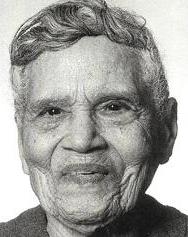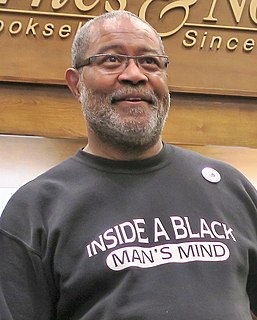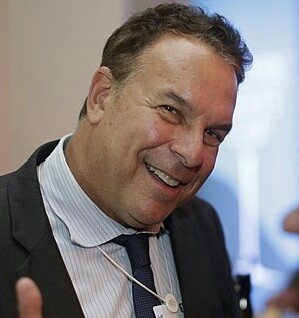A Quote by James Chanos
What people don't realize is that China papered over its last two credit bubbles, those in 1999 and 2004. The banks were never bailed out - they just exchanged their bad loans for questionable bonds from quasi-state organizations.
Related Quotes
Under Bill Clinton's HUD Secretary Andrew Cuomo, Community Reinvestment Act regulators gave banks higher ratings for home loans made in 'credit-deprived' areas. Banks were effectively rewarded for throwing out sound underwriting standards and writing loans to those who were at high risk of defaulting.
Don't reward bad behavior. It is one of the first rules of parenting. During the financial cataclysm of 2008, we said it differently. When we bailed out banks that had created their own misfortune, we called it a 'moral hazard,' because the bailout absolved the bank's bad acts and created an incentive for it to make the same bad loans again.
The world is a puzzling place today. All these banks sending us credit cards, with our names on them. Well, we didn't order any credit cards! We don't spend what we don't have. So we just cut them in half and throw them out, just as soon as we open them in the mail. Imagine a bank sending credit cards to two ladies over a hundred years old! What are those folks thinking?
I had begun to worry about the housing market back in 2003, when lenders first resurrected interest-only mortgages, loosening their credit standards to generate a greater volume of loans. Throughout 2004, I had watched as these mortgages were offered to more and more subprime borrowers - those with the weakest credit.
For, when the credit of a country is in any degree questionable, it never fails to give on extravagant premium, in one shape or another, upon all the loans it has occasion to make. Nor does the evil end here; the same disadvantage must be sustained upon whatever is to be bought on terms of future payment. From this constant necessity of borrowing and buying dear, it is easy to conceive how immensely the expenses of a nation, in a course of time, will be augmented by an unsound state of the public credit.
We had a cop or two that were questionable, and probably they shouldn't have been on the job, but they were. You have that: a police department reflects the community that it serves, and it's going to have a bad apple or two, but when those bad apples are discovered, they need to be discarded as quickly as possible so the whole bureau doesn't rot.
When you say "bank," a bank is a building, a set of computers and chairs and things. The bankers are the people running these banks. They're the chief officers, and they push the loans because they don't care if they go bad. For one thing, they may package these bad loans and sell them off to gullible institutional investors.
The financial collapse of 2008 got its start with predatory mortgages, that weren’t sold by community banks and credit unions, they were sold by fly by night mortgage brokers who had almost zero federal oversight and then the big banks looked over, saw the profit potential and they wanted it bad. So they jumped in and sold millions of these terrible mortgages while the bank regulators just looked the other way.
A consolidation makes sense only if you can lower your overall interest rate. Many people consolidate by taking out a home equity line loan or home equity line of credit (HELOC), refinancing a mortgage, or taking out a personal loan. They then use this cheaper debt to pay off more expensive debt, most frequently credit card loans, but also auto loans, private student loans, or other debt.

































